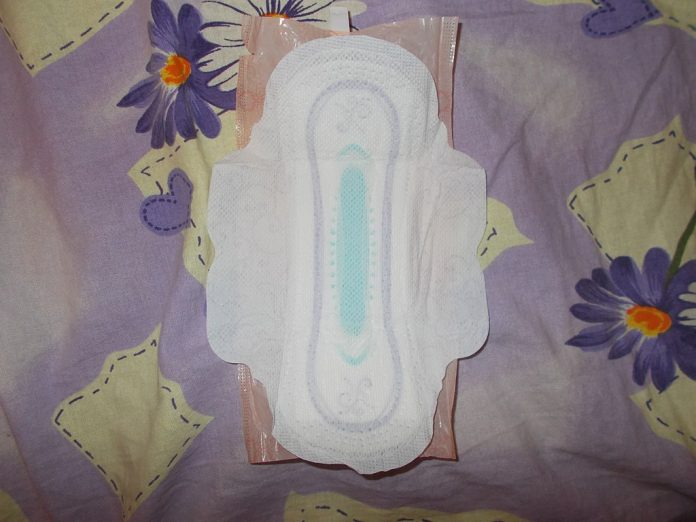Fight for free safe period products for all
Quinn Gray, Essex Socialist Party
The first study measuring the absorbency of period products using blood has been published in the British Medical Journal’s August 2023 Journal of Sexual and Reproductive Health. Prior to this, period products have been tested with either water or saline, which is considerably less viscous than menstrual blood. The majority of commercially available menstrual products were found to be less absorbent than advertised.
It is shocking, to say the least, that research into menstrual products using blood had not been conducted earlier. It shows that menstrual health has been overlooked over time.
Embarrassment over menstruation contributed to the commercial failure of Lister Towels, the first disposal pad on sale from 1896, according to an article published by Clue, a menstrual tracking app. The first and second world wars saw a push for menstrual products, as women entered the workplace en masse. Tampons also rose in popularity during World War II, as they were considered to be more hygienic than pads.
Eventually, modern innovations in pads became available in the 1970s. Now, people who menstruate have a wide range of options to choose from, but the shame that comes with menstrual bleeding still exists.
Profit
Bosses produce period products because there is a market, to make a profit, not for the comfort or safety of those that use them.
Taking those industries under democratic workers’ control would take competition out of the equation. Products could be effectively tested and suited to users’ needs, fully taking into account any health risks and research done into how to eliminate them.
Period poverty
The period poverty campaign organisation, Bloody Good Period, found that:
1 in 5 people struggle to afford period products, 89% of people are stressed or anxious about having their period at work – with 14% of people avoiding or missing work during their period, and 13% of young people have missed school or university or college because of their period.
The research suggests that we need to increase the accessibility of a wider range of free period products to defeat period poverty, as well as further studies into the usage of these products in everyday settings with women, trans men, and nonbinary people. They should be freely provided in workplaces, schools and relevant public places.
Talking about periods should not be awkward – they are a natural part of life that can indicate a great deal about a person’s health. Sexist ideas, an inherent part of the capitalist system, minimises difficulties that come with menstruation and diminishes research into gynaecological health.
A socialist society could provide comprehensive relationships, sex and health education for both young people and adults, democratically controlled by the workers themselves, teachers’ unions and student organisations. Relevant research into how reasonable adjustments can be made for those experiencing discomfort, and in some cases pre-menstrual dysphoric disorder, during menstruation would be possible, free from the bosses’ drive to extract the maximum profit from every worker. And a socialist plan of production would make safe period products free to all.







